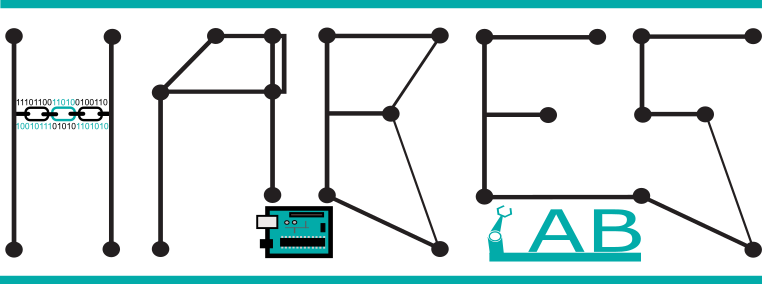We are happy to announce that our paper Intrusion Detection using Quantum Generative Adversarial Networks: A Federated Approach with Noisy Simulators has been presented by Franco Cirillo at IEEE Quantum Week 2025 in Albuquerque, USA.
About the Work
In an era of rapidly evolving cyber threats, ensuring the security of networked systems is more crucial than ever. Our research introduces a novel intrusion detection framework that combines Quantum Generative Adversarial Networks (QGANs) with Federated Learning. This hybrid approach aims to improve anomaly detection systems by harnessing the unique potential of quantum models while preserving privacy and scalability through decentralized training.
Key Contributions
- Noisy Quantum Simulators: We employ noisy quantum simulators to approximate the behavior of real quantum devices, ensuring that our approach remains realistic and implementable in near-term quantum hardware.
- Federated QGANs: By integrating QGANs with federated architectures, our system supports secure, privacy-preserving, and decentralized training across distributed nodes.
- Adversarial Robustness: Experimental results demonstrate promising performance in terms of resilience against adversarial attacks and improved anomaly detection capabilities.
Why It Matters
By joining QML and CyberSec we have developed quantum-enhanced models within federated learning frameworks. This work provides an early step toward intrusion detection systems that can scale securely while remaining robust against evolving cyber threats.
For more information or to discuss potential collaborations, please reach out to Franco Cirillo.
